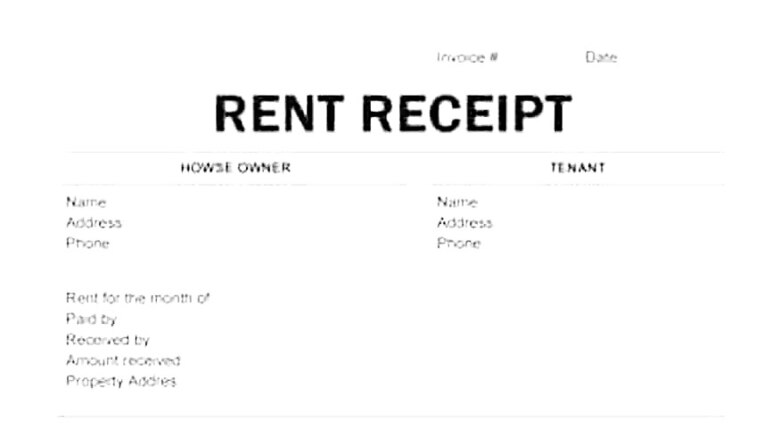
views
HRA or House Rent Allowance is an amount paid by employers to its employees as a part of their monthly salaries. The benefits of HRA are available to salaried individuals who live in rented accommodations. Thus, a self-employed individual or an employee living in his/her own house or not paying the rent cannot claim HRA. The amount of HRA to be paid to the employee is decided by the employer based on various criterias like salary of the employee, city where employee is residing, etc.
One can claim full or partial HRA exemption under Section 10 of the Income Tax Act if he/she lives in a rented accommodation. However, HRA (if given by the employer) is fully taxable if you don't live in a rented accommodation.
Let's understand HRA with this calculation:
Reema has a monthly basic salary of Rs 15,000 and receives HRA of Rs 7,000 out of which she pays Rs 8,400 as rent for an accommodation in Delhi (Metro city). The tax rate applicable to her will be 20 percent of her income.
To claim the HRA, the least of the following amount (yearly) will be exempted and any amount received over it will be taxable:
a) Actual HRA received = Rs 84,000
b) 50 percent of salary (metro city) = Rs 90,000
c) Excess of rent paid annually over 10% of annual salary = Rs 82,800 [Rs 1,00,800 - (10 percent of Rs 1,80,000)]
Although Reema received an amount of Rs 84,000 as HRA, only Rs 82,800 qualifies for HRA tax exemption and the balance of Rs 1,200 will get added to her Income on which tax will be levied.
The income Tax Act also provides assistance to those individuals who don't get HRA, but pay rent. Section 80 (GG) applies to such individuals who can claim the same by furnishing Form 10B.
Under Section 80(GG) an individual can claim least of the following:
a) Rent paid in excess of 10 percent of total income
b) 25 percent of the total income
c) Rs 5,000 per month.
What about the Rent Receipts?
To claim HRA, individuals need to submit original Rent Receipts duly signed by the Landlord. In one of the latest ruling, ITAT (Income Tax Appellate Tribunal) has now laid down the criteria for the assessing officer to consider the claim of a salaried employee and if necessary question its justification. Therefore an individual should refrain from submitting fake receipts as it might invite IT department's scrutiny. The assessing officers can ask for proof of rent agreement, letter from the housing society informing about the tenancy, electricity bill, water bill etc.
Also, now it is mandatory to furnish the PAN card details of the Landlord while claiming HRA, if the monthly rent exceeds Rs 15,000 or it is more than Rs 1,00,000 per year. Therefore, it is better to claim only the part of HRA that is legally exempted from Tax rather than inviting IT departments fury.




















Comments
0 comment